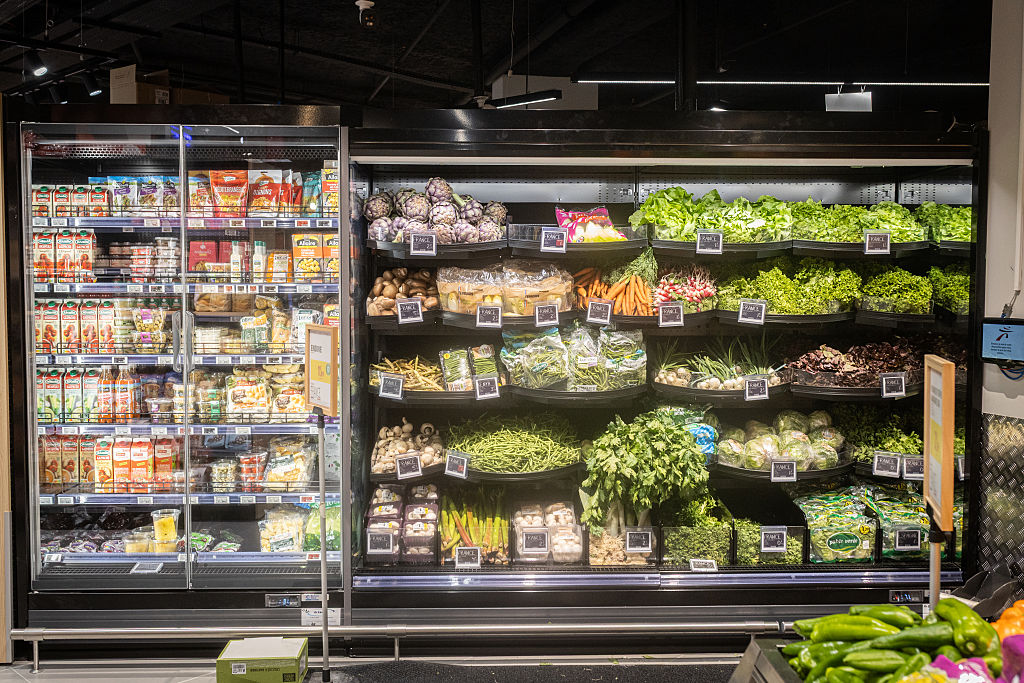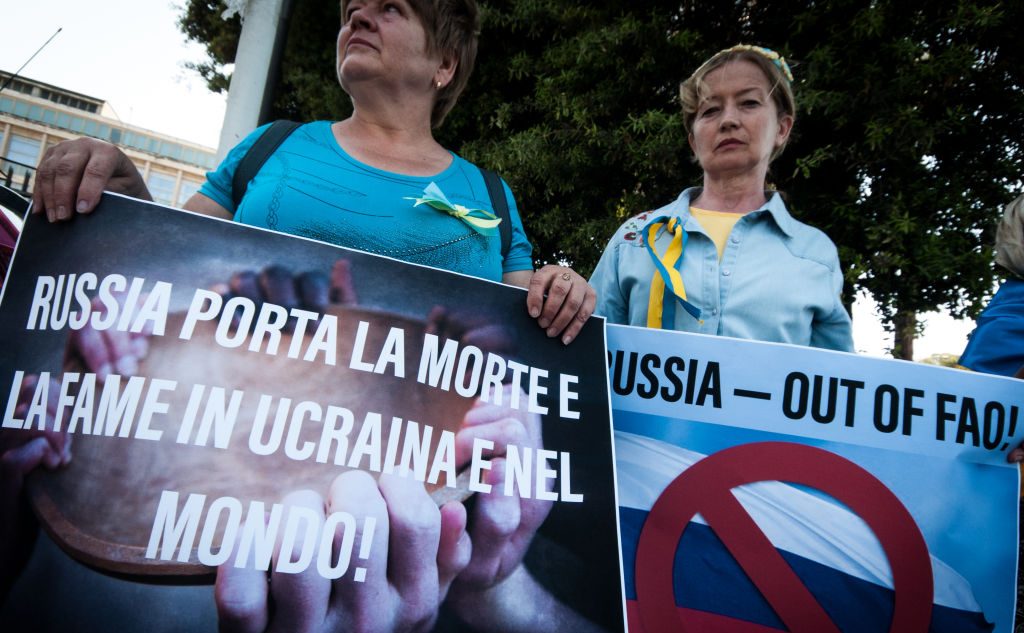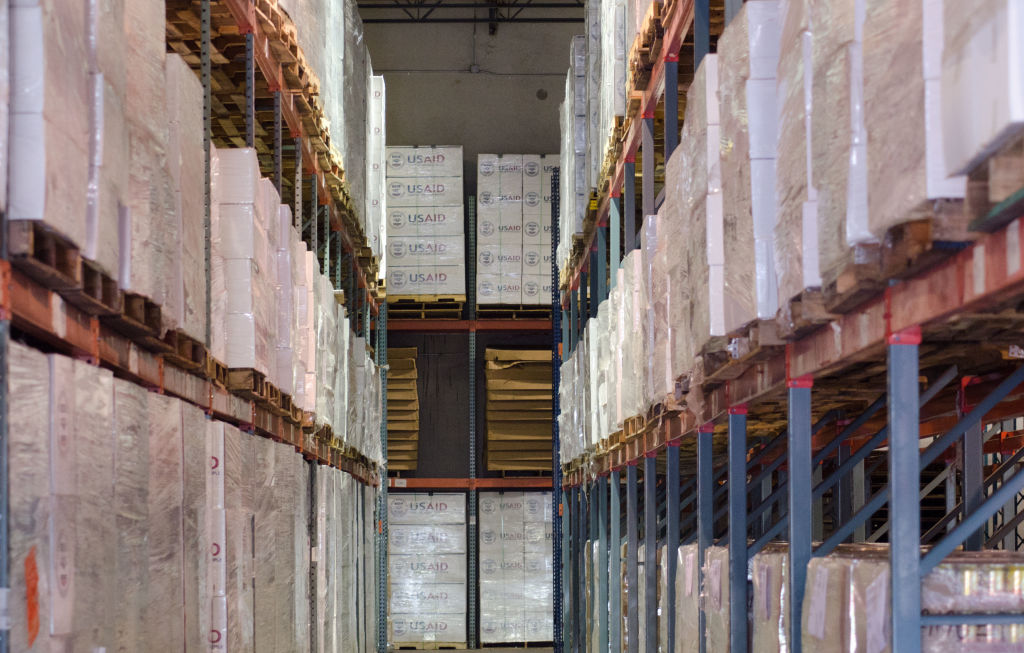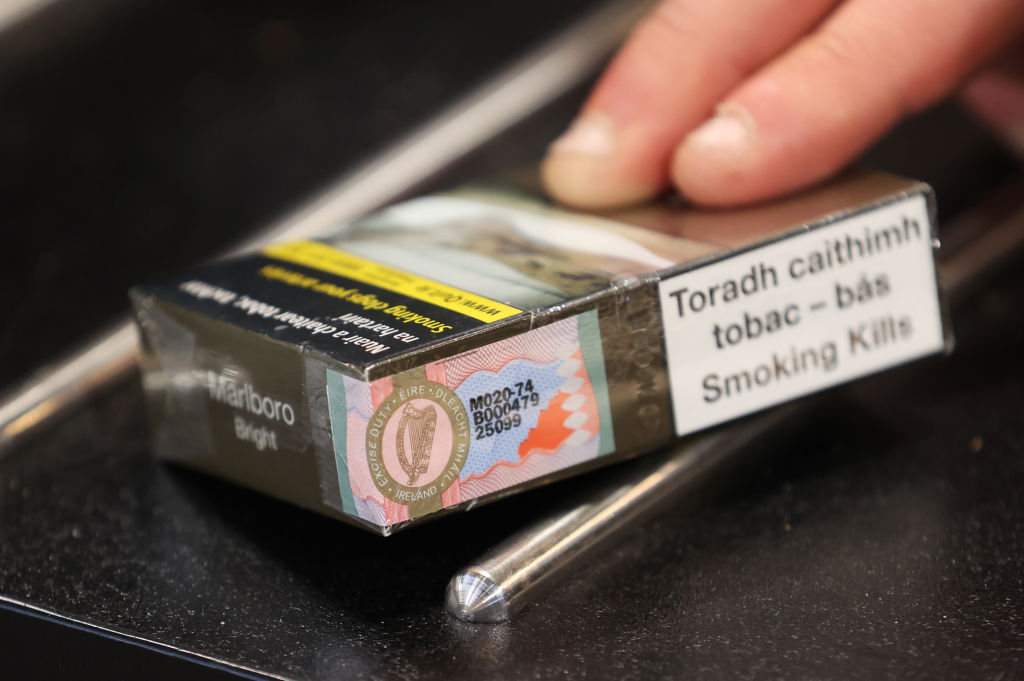European Commission eyes levy on highly-processed food
"We can influence choices and this is what I think we should be doing," EU health chief Olivér Várhelyi said
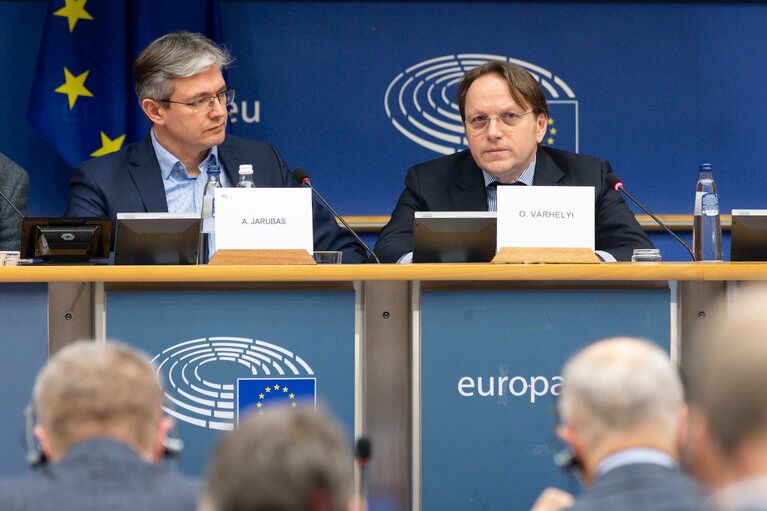
Health Commissioner Olivér Várhelyi on Thursday signalled his openness to a taxation system on products high in sugar, fat, and salt to help finance public health during a meeting with the European Parliament’s health committee.
Asked by Renew MEP Vlad Voiculescu about his thoughts on taxing highly processed food, the commissioner concluded that it is “something we can reflect on” within the framework of the Commission’s cardiovascular health plan.
“We need a good measurement tool, because we’ve had these debates and, in general, they always end up in an ideological discussion about depriving people of their choices, about imposing conditions on industries, rather than about protecting public health,” Várhelyi said.
Similar to the EU Commission’s public health approach to tobacco, this would require consumers of these risky products to contribute financially, as they are consequently more likely to rely on healthcare systems. According to a Commission source, the levy could be based on applications that measure the degree of processing of food products, like Truefood for example.
“It’s not about limiting the availability of products that people want to buy. We can influence choices and that’s what I think we should be doing,” Várhelyi added.
The commissioner argued that if such a discussion were to move forward, it would be necessary to ensure that the revenues could only be spent on public health and not used to fill budget gaps.
If implemented, this approach could complement existing health funding, particularly EU4Health, a programme that was diluted mainly into the competitiveness fund presented by the Commission last July.
Asked by Danish centrist MEP Stine Bosse about the possibility – or even the need – of making this an EU own resource, the commissioner did not provide any details.
“I am very committed to finding solutions – there are several ways, including taxing certain products such as fatty or sugary foods – to find funds for health”, Bosse later told Euractiv.
The plan has been in the Commission’s pipeline for some time. Several sources confirmed to Euractiv that Várhelyi had already, before the summer, toured parliamentary groups in Strasbourg to raise the issue of taxing these products.
“He wanted to show that it’s not just about industry or artificial intelligence. He didn’t go into detail, but he wanted to show that he is looking for solutions within the framework of the budget,” a source close to the matter said.
Not the first time
The Commission had even commissioned a study been exploring the idea of EU-wide excise taxes on high-fat, salt and sugar (HFSS) products – following measures already in place in several member states.
The study by DG TAXUD, published in May, concluded that taxing unhealthy foods such as sugary drinks can help reduce non-communicable diseases (NCDs).
According to the study, manufacturers lowered sugar content in soft drinks following the introduction of tax schemes, while price increases also reduced consumption and encouraged a shift towards healthier alternatives.
So far, 11 EU countries and Catalonia have introduced some form of HFSS taxation. Nine of them – including Belgium, Croatia, Finland, France, Ireland, Latvia, the Netherlands, Poland, Portugal and Catalonia – focus exclusively on sugar-sweetened beverages (SSBs). Denmark taxes ice cream, chocolate and confectionery, while Hungary taxes both SSBs and other HFSS products.
Romania introduced an excise duty on SSBs on 1 January 2024. Italy also planned a “sugar tax” this year on drinks with more than 25 grams of added sweeteners per litre, but the measure was postponed by the current government.
Industry pushback
Despite the Commission’s findings, a European levy appears unlikely.
“There will be strong opposition, especially from the South of Europe,” said Luigi Pio Scordamaglia, CEO of the agrifood association Filiera Italia and Head of International Affairs at Italian farmers’ organisation Coldiretti.
“Of course obesity is a problem, but taxing unhealthy food will just push people to consume even cheaper products of lower quality,” he added. Instead, Scordamaglia called for measures such as food education in schools and stricter marketing limits for ultraprocessed products targeting vulnerable consumers.
UPDATE: This story has been updated to include context and reaction.
(cs, vib)




